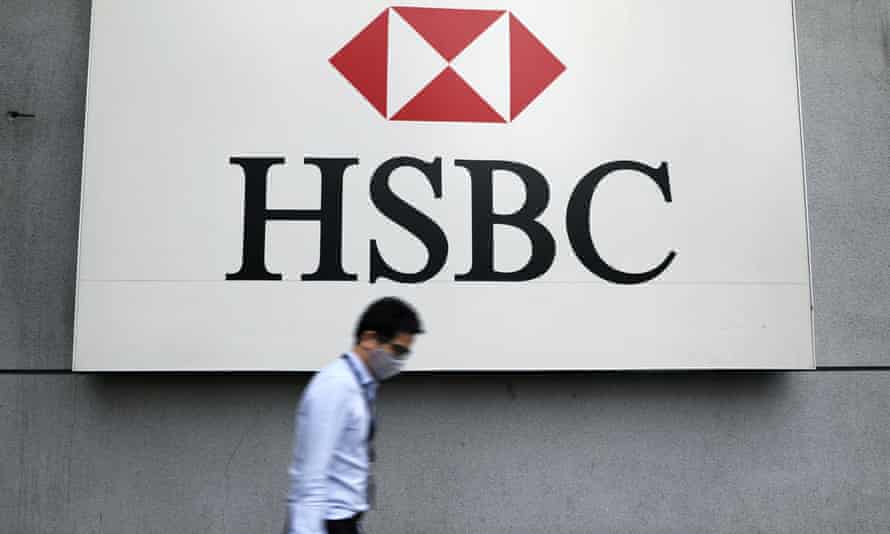The "capitalism is synonymous with democracy" fallacy assumes a direct and harmonious relationship between capitalism, an economic system based on private ownership and market competition, and democracy, a political system characterised by representative government and citizen participation. However, this fallacy overlooks the potential conflicts that can arise between economic interests and democratic decision-making processes in several ways:
Power imbalances: Capitalism can lead to the concentration of economic power in the hands of a few wealthy individuals or corporations. These entities may exert disproportionate influence over political processes, such as lobbying or campaign financing, which can undermine the principles of equal representation and fair democratic decision-making. The resulting power imbalances can distort policy outcomes and compromise the interests of the broader population.
Influence of money in politics: Capitalist systems often allow for the infusion of large sums of money into political campaigns and lobbying efforts. This financial influence can create an uneven playing field, where economic elites can exert significant control over political agendas and policy outcomes. Democratic decision-making should ideally be based on the will of the people, but when economic interests heavily influence political processes, the voices and concerns of marginalised or less affluent citizens may be marginalised or ignored.
Regulatory capture: In capitalist systems, regulatory agencies are responsible for overseeing various sectors and industries to ensure fair competition and protect public interests. However, there is a risk of regulatory capture, whereby the regulated industries exert significant influence over the regulators. This can result in policies that favour the interests of powerful economic actors rather than promoting the broader welfare or democratic principles. Regulatory capture undermines the accountability and responsiveness of democratic institutions.
Inequality and political participation: Capitalism can exacerbate economic inequalities, which, in turn, can influence political participation. When wealth and income disparities are significant, certain groups may have greater resources and access to political power, while others may face barriers to participation. This can undermine the democratic ideal of equal political voice and representation, as marginalised groups or those with limited economic resources may be less able to engage meaningfully in democratic processes.
Conflicts of interest: Capitalist economies rely on profit-maximising behaviour, which may run counter to certain democratic goals. For instance, economic actors may prioritise short-term profits over long-term societal or environmental well-being. Democratic decision-making often requires considering broader societal interests, including sustainability, social justice, and the needs of future generations. Conflicts can arise when economic interests clash with democratic principles, potentially undermining the pursuit of collective well-being and the long-term interests of society.
Recognising the potential conflicts between economic interests and democratic decision-making processes is essential for maintaining a healthy balance between capitalism and democracy. It underscores the importance of robust institutions, transparency, campaign finance reform, and mechanisms to mitigate undue influence and power imbalances. By addressing these conflicts, societies can strive for a more equitable and inclusive democratic system that ensures broad representation and safeguards against the dominance of narrow economic interests.
